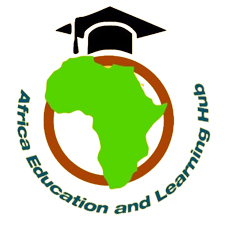Enhancing the Role of Civil Society Organizations in Public Education Sector Monitoring and Accountability.
Date
2021-05-18Authors
Simon, David Kobia
Sikoyo, Leah Namarome
Type
Research ReportLanguage
enItem Usage Stats
811
views
views
512
downloads
downloads
Abstract
This paper examines the role of civil society in monitoring education sector policies and programs to ensure transparency and accountability with a view to enhancing that role. The paper hypothesizes that if the civil society effectively monitors education policies and programs, then accountability and transparency during formulation and implementation will improve and therefore address the challenges faced by marginalized and vulnerable groups in accessing equitable quality education. Evidence obtained from case studies, empirical and anecdotal studies build a prima-facie case that civil society engagement has influence on government policy. Enhancing this role would increase chances of improving quality of monitoring education sector policies for accountability. The study finds capacity, resources, access to information and data, civic space, government policy and regulatory frameworks as the critical factors that moderate the relationship between civil society action and influencing government policy. Downward and internal accountability within the civil society hasn’t been given much attention even as it is appreciated the impact it may have on the locus-standi to question government. External actors’ desire to change local socio-political set up is dependent on having sufficient local information on what works and what doesn’t. The paper suggests the need to understand the education service delivery value chain within the sector planning and implementation cycle. It further notes negotiated positions and institutionalization of processes, playing the “critical friend” in conventional accountability frameworks and regular access to quality information and data enhances credibility of actions. Working with external actors and the media within the 2005 Paris Declaration on Aid Effectives for progressive mutual development partnerships, strengthening downward accountability within the civil society in a peer review mechanism set up, technical, institutional and political capacity as well as understanding the underlying political economy will enhance the role of civil society in monitoring government policy to enhance accountability.

